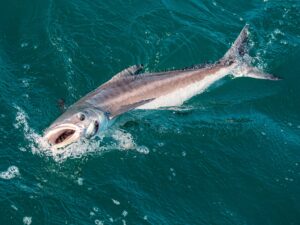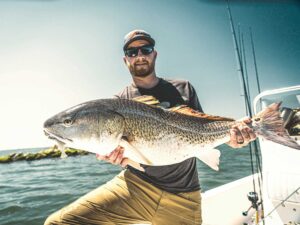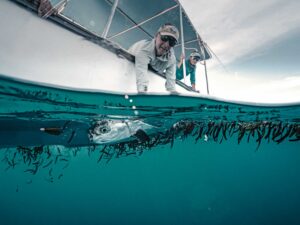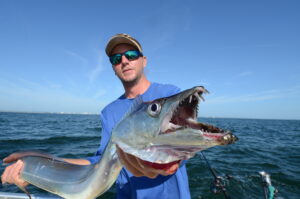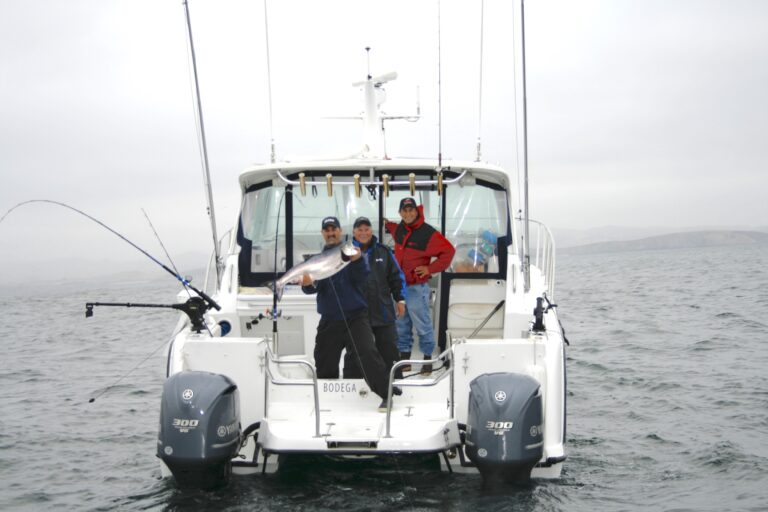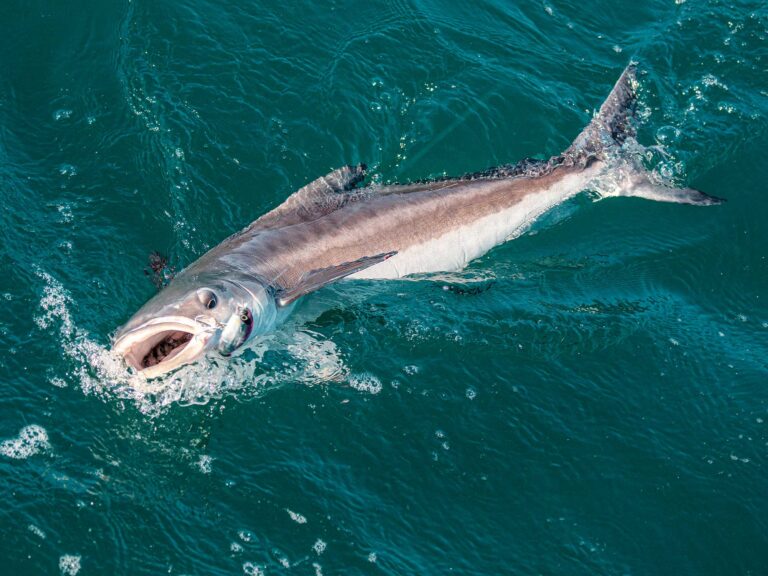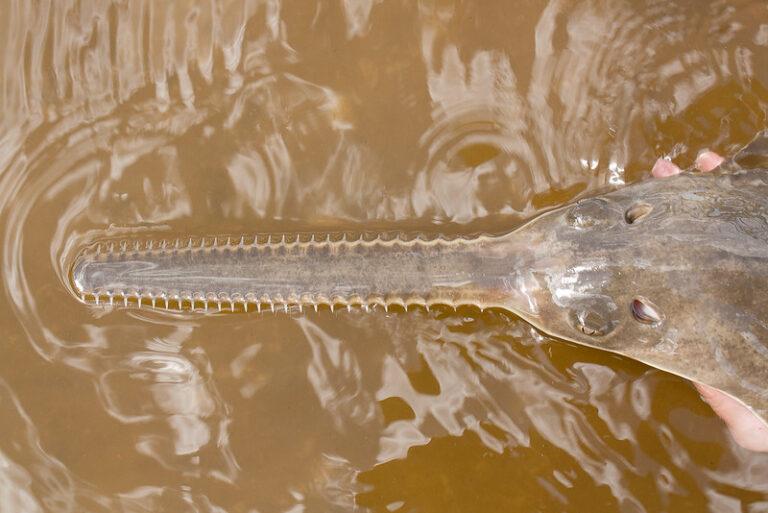Under the deceivinglybenign banner of Marine Protected Areas (MPAs), a network offederal “no-fishing zones” in the Gulf of Mexico, Atlantic andPacific Oceans threatens to arbitrarily deny recreational fishermenaccess to U.S. marine resources. In response, Coastal ConservationAssociation (CCA) is urging Congress to pass the Freedom to FishAct (H.R. 2890) in the 108th Congress to ensure that excludingrecreational anglers from a public resource is a last resort, not afirst option, in fisheries management.
With current and proposedbans on recreational fishing encompassing as much as 20 percent ofU.S. waters, CCA and the American Sportfishing Association (ASA)worked with congressional leaders to draft the Freedom to Fish Act.The Recreational Fishing Alliance (RFA) has joined CCA and ASA toform a strong sport fishing coalition working for passage of thebill.
“Modern fishery managementtechniques work, and the Freedom to Fish Act will ensure that MPAsare another tool available to fishery managers, not the onlytool,” said DavidCummins, CCA president. “The majority of anglers arefirmly committed to the concept of conservation, yet theseno-fishing zones threaten to remove them from the very environmentthat they have protected for so long. Arbitrary exclusion zones aresimply not an acceptable approach.”
The Act includes aspecific set of criteria for the proper utilization of MPAs, whileacknowledging recreational anglers’ freedom to access ournation’s renewable marine fisheries. Congressman Jim Saxton (NJ-3rd) recentlyintroduced the Freedom to Fish Act in the House ofRepresentatives.
“Up and down the East andWest Coast, the story is the same,” said Congressman Saxton, vicechairman of the House Fisheries Conservation, Wildlife and OceansSubcommittee. “Sensible fishing policies must be based on soundscience. This bill establishes reasonable, scientifically-basedstandards that must be met before our marine waters can be closedoff to recreational fishing.”
The use of no-fishingzones ignores the success achieved by modern fishery managementtechniques and instead presents a one-size-fits-all managementmeasure that bans all fishing in a specific area, forever. TheFreedom to Fish Act provides a logical set of criteria to determineif and when MPAs provide the only viable solution to a fisherymanagement problem, or if other, less extreme measures willsuffice.
“Recreational fishermenhave long promoted management measures that include not only sizerestrictions and bag limits, but also special management zones,gear-restricted areas, time and area closures, and closures withregard to specific species,” said Fred Miller, chairman of CCA’sNational Government Relations Committee. “These measures have beensuccessfully employed to restore popular sportfish decimated bycommercial overfishing, such as red drum, striped bass and Spanishmackerel, among others. Yet some groups seem to viewrecreational anglers as merely another problem to be’solved.’ We see ourselves as part of thesolution.”
“Recreational fishermenhave long fought for conservation of marine resources and theprotection of habitat and we will continue to do so,” said JimDonofrio, Executive Director of the Recreational Fishing Alliance(RFA). “This legislation is important to protect public access toour waters by simply setting standards that should be met beforeany more blanket closures are created.”

